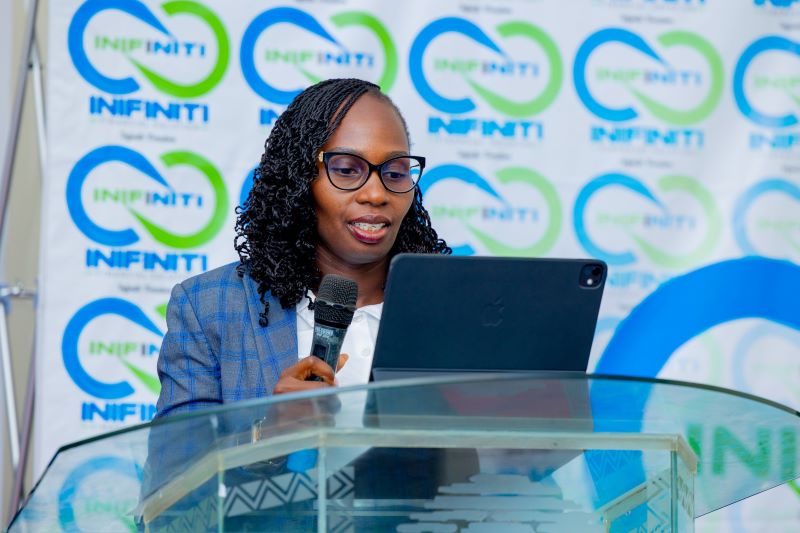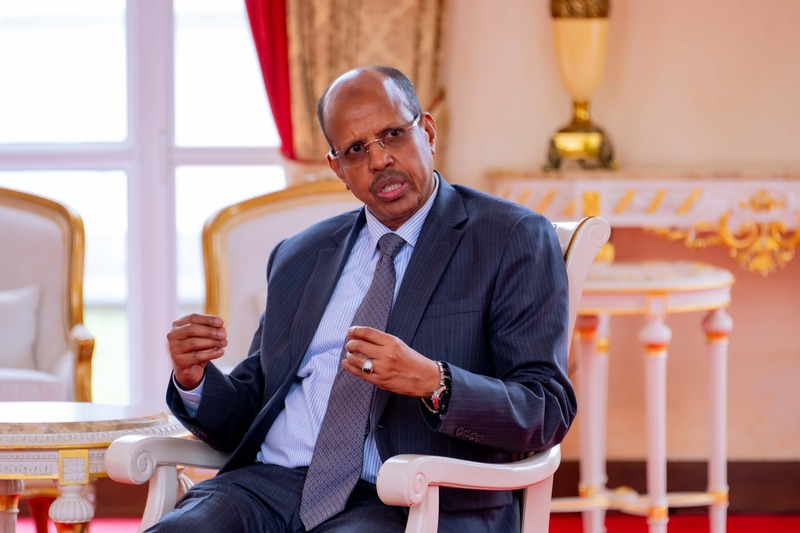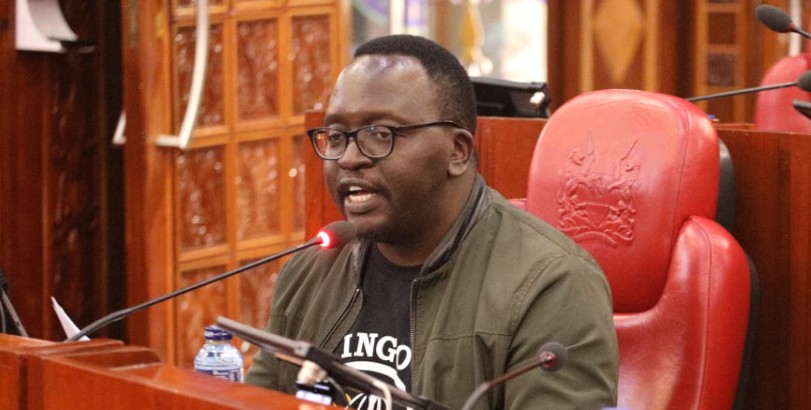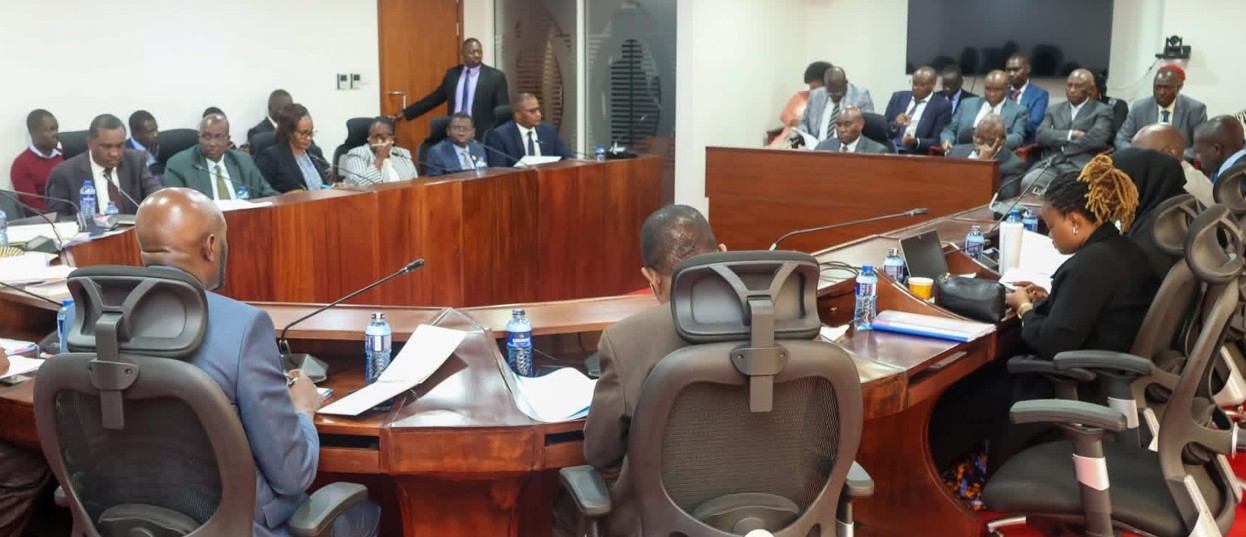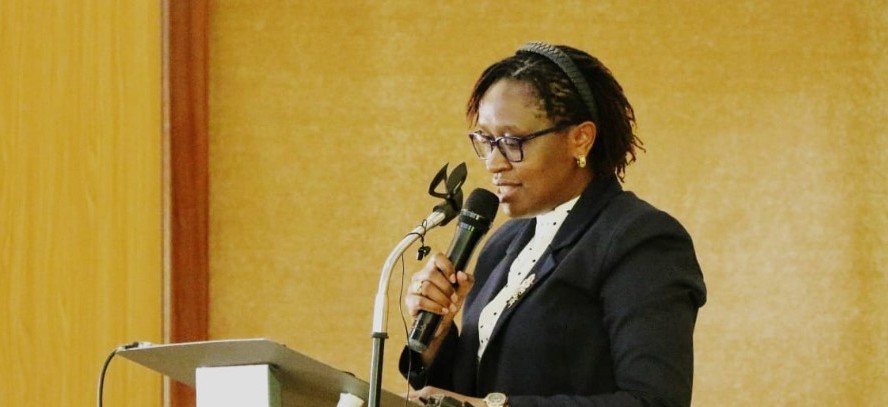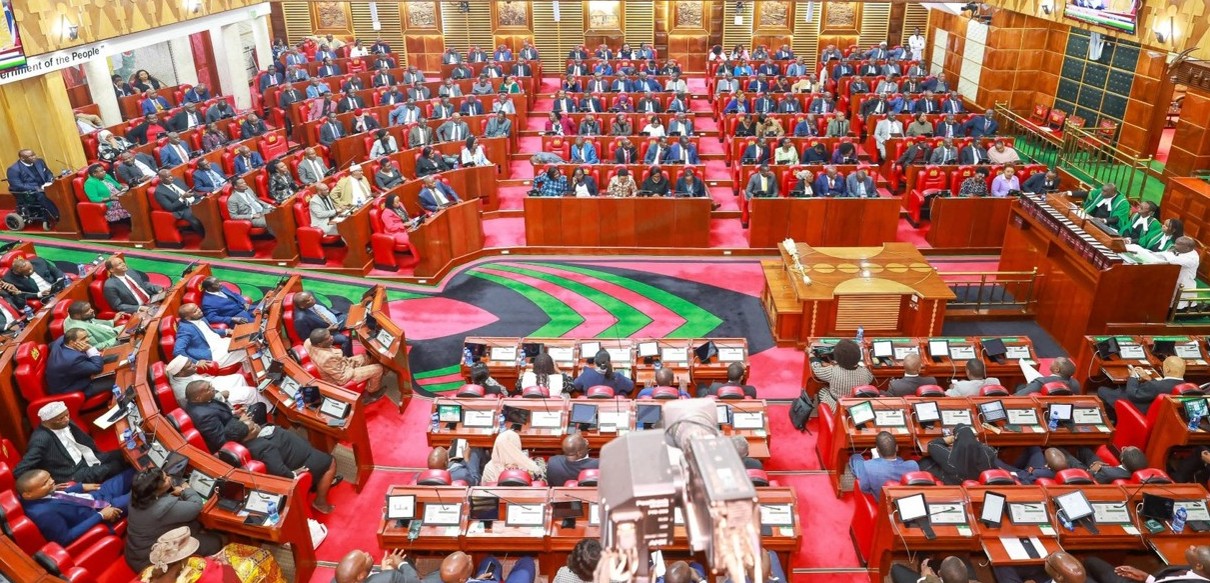MPs raise concerns over legality of eCitizen deal, say contract missed key signatures
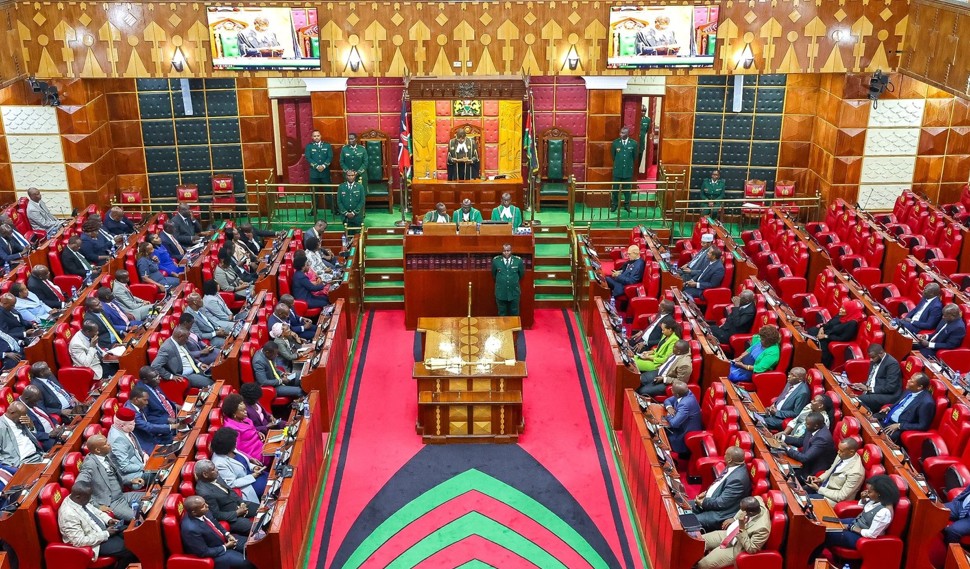
They noted that although the platform processes hundreds of millions of shillings daily—payments made by citizens for various government services—it was signed by junior officers on behalf of the government, without the endorsement of key legal and financial officials.
Members of Parliament have raised concerns over the government’s eCitizen consultancy agreement, warning that the deal could expose Kenyans to significant financial losses and data insecurity due to glaring gaps in oversight and implementation.
According to the legislators, the contract governing the government’s digital payment system lacks crucial legal endorsements and transparency in its negotiation process.
More To Read
- Interior Ministry seeks Sh4.2 billion to fund free national ID program
- MPs grill SHA over Sh91m legal costs, disputed Karen land and stalled NHIF projects
- Committee uncovers neglect, poor management in MPs’ constituency offices
- Chebukati’s widow, Olekina, Osoro and Junet among 68 nominated for 2025 national honours
- MPs block plan to create new sextortion law
- Media Council urges MPs to fast-track amendments to strengthen journalism regulation
The MPs, who sit on the National Assembly’s Administration and Internal Affairs Committee, questioned the sincerity of Immigration and Citizen Services Principal Secretary Belio Kipsang after he failed to provide detailed information on how the eCitizen contract was negotiated and signed.
They noted that although the platform processes hundreds of millions of shillings daily—payments made by citizens for various government services—it was signed by junior officers on behalf of the government, without the endorsement of key legal and financial officials.
They questioned how such a high-value agreement could proceed without the involvement of the Attorney General, as well as the Cabinet Secretaries for the National Treasury and the Ministry of Interior.
Conspicuously absent from the contract presented to Parliament are the signatures of the Attorney General—the government’s chief legal adviser—and those of the Cabinet Secretaries for the National Treasury and Interior. MPs expressed alarm over the implications, citing both financial and national security risks.
Kisumu West MP Rozzah Buyu accused Kipsang of frustrating the committee by submitting key documents at the last minute, thereby denying the members adequate time for scrutiny.
“We oversee you on behalf of the people. Kenyans want to know where the money they pay goes,” she said.
Kipsang and his predecessor, Julius Bitok, had on several occasions since last year promised to table the contract before the committee but failed to do so.
According to Parliament’s Standing Orders, witnesses are required to submit necessary documentation at least seven days prior to appearing before a committee, to allow for proper preparation.
In addition to concerns about the missing signatures, MPs also flagged the lack of clarity on the contract’s commencement and expiry dates. Although the agreement is supposed to run for three years, from 2023 to 2026, it does not specify the effective or expiry dates—what MPs described as a dangerous loophole that could be exploited to the government’s detriment.
The contract further allows for termination by either party—the government or the consortium of suppliers. However, MPs warned that such an outcome could result in the government losing access to vital infrastructure and data.
“In the event of termination, the suppliers shall be entitled to rescind, withdraw, or otherwise uninstall all their proprietary infrastructure and resources, including all technical infrastructure and resources, whether software or otherwise defined in the Service Level Agreement,” the contract reads.
The eCitizen platform is operated by a consortium of developers under the name ECS LLP. The three companies involved are Webmasters Kenya Limited, Pesaflow Limited, and Olive Tree Media Limited.
Details show the agreement was signed on behalf of the government by Stanley Kamanguya, CEO of the ICT Authority, and witnessed by Thomas Odhiambo, Acting Director at the ICT Authority, and Isaac Ochieng, Director-General of eCitizen. The consortium was represented by James Ayogo, CEO of Webmasters Kenya Limited, and witnessed by Evid Araka, Director at Pesaflow Limited, and James Kabiru, Director at Olive Tree Media Limited.
Under the agreement, Webmasters Kenya Limited is responsible for supporting and maintaining services, including customer care.
Pesaflow Limited handles all payment-related functions, including the setup, integration, and implementation of electronic payments, as per the National Payment System Act, 2011.
Olive Tree Media Limited manages bulk messaging, notification service security, and revenue mobilisation.
Meanwhile, the Auditor-General has launched a special audit of the eCitizen platform in light of its growing significance within the government’s financial ecosystem. The 2023/24 audit report revealed inconsistencies in revenue records, citing discrepancies between figures in revenue statements, the e-portal system, and the ledger, despite reporting a total of Sh44.8 billion in collections and transfers.
“The office is currently undertaking a special audit of the eCitizen government digital platform. The special audit is informed by the current strategic importance of eCitizen in the financial architecture of the government,” the report states.
“The special audit is expected to provide insights into the credibility and reliability of the eCitizen system, including assurance on whether data processed through the system was accurate and complete.”
Alongside the IT systems, the audit will also assess physical security measures, governance structures, and the adequacy of existing control mechanisms.
Legislators said the findings of the special audit will be instrumental in determining whether the eCitizen contract serves the public interest or leaves Kenya vulnerable to exploitation by private entities.
Top Stories Today
Reader Comments
Trending



